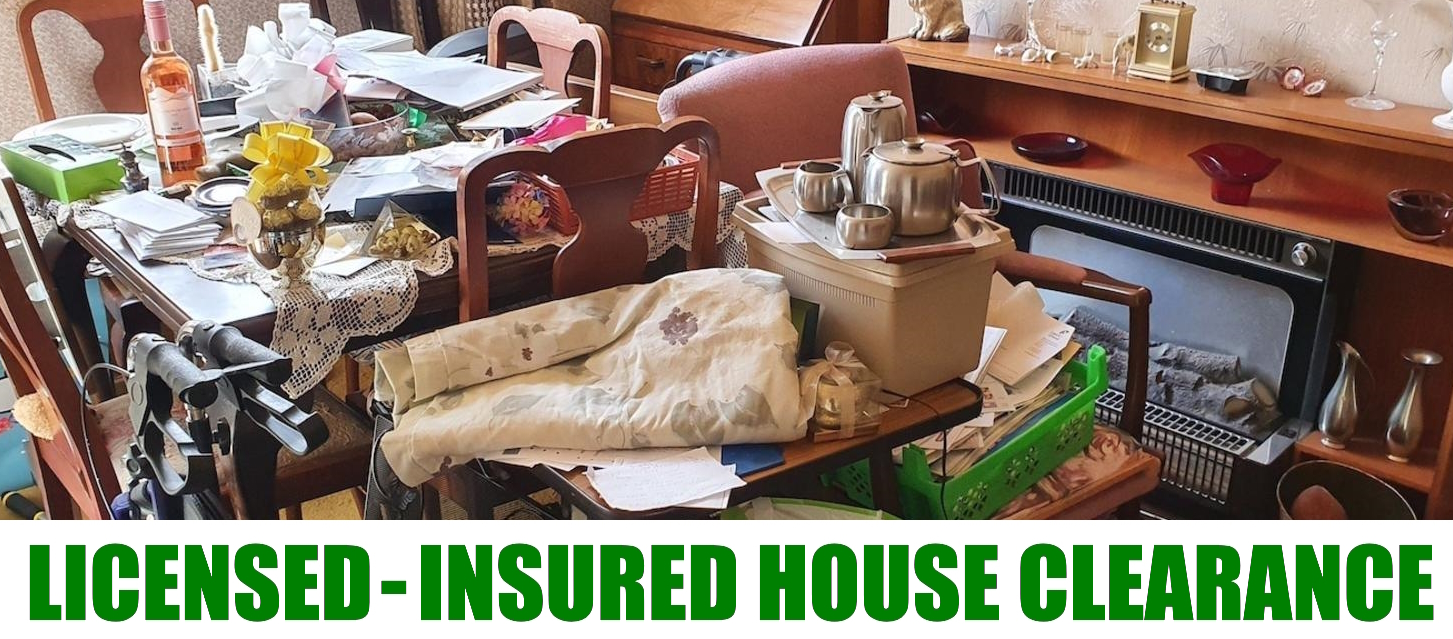It can be difficult to determine the value of your Chinese antiques. With so many factors to consider – age, condition, rarity, and provenance – where do you even begin?
Luckily, there are a few ways to get professional appraisals and valuations for your pieces. In this article, we’ll introduce you to the process and help you find the right expert for the job.
Visit Irv Graham’s Chinese Antique Appraisal Online
Chinese Antique Appraisals
Looking to get your Chinese antiques appraised or valued? Our experts can help! In our blog section, we cover everything from how to identify authentic Chinese antiques, to tips on getting the most accurate appraisal or valuation. Whether you’re a seasoned collector or just starting out, be sure to check out our blog for the latest information on all things Chinese antiques!
The process of appraising antiques
The appraisal process is one of the most important aspects of valuing Chinese antiques. It is important to understand the different methods appraisers use to value items. The most popular methods are the market approach and the cost approach.
The market approach is based on what similar items have sold for in the past. This method is most commonly used for antiques that have been recently sold at auction or through a dealer. The appraiser will look at recent sales of similar items to determine an estimated value for the item being appraised.
The cost approach is based on the cost to replace the item being appraised. This method is most commonly used for items that are not regularly sold at auction or through dealers. The appraiser will estimate the cost to replace the item with a new or similar item.
Visit Irv Graham’s Chinese Antique Appraisal Online
Factors that affect the value of a Chinese antique
When it comes to appraising the value of a Chinese antique, there are a number of factors that need to be considered. Here are some of the main ones:
-Age: Generally speaking, the older an antique is, the more valuable it will be. This is because it is more rare and thus more sought-after by collectors.
-Condition: The condition of an antique also has a big impact on its value. A piece that is in pristine condition will obviously be worth more than one that is damaged or shows signs of wear and tear.
-Provenance: Another important factor is provenance, or the history of an antique. An item with a documented history will be worth more than one without any documentation.
-Desirability: Finally, desirability is also a key consideration. An antique that is highly desirable among collectors will obviously be worth more than one that isn’t as popular.
Visit Irv Graham’s Chinese Antique Appraisal Online
The most valuable Chinese antiques
There are many different types of Chinese antiques, each with its own value. Here are some of the most valuable:
1. Ming Dynasty Porcelain: This type of porcelain is highly sought after by collectors and can fetch high prices at auction. Some of the most famous pieces include the Ru ware and Jun ware.
2. Jade Carvings: Jade has been treasured in China for centuries and carved pieces are particularly valuable. The best quality jade is found in Myanmar and the carvings are often of religious or mythological subjects.
3. Bronze Statues: These were once used as ceremonial objects and can be extremely valuable, especially if they are in good condition. Some of the most famous examples include the zodiac animals from the Temple of Heaven in Beijing.
4. Calligraphy and Paintings: Calligraphy is an important part of Chinese culture and paintings are often highly valued for their subject matter and beauty. Many famous artists have come from China, such as Zhang Daqian and Xu Beihong.
5. Imperial Seals: These were used by the emperor and other high-ranking officials to stamp documents and give orders. They are often
How to care for your Chinese antiques
When it comes to caring for your Chinese antiques, there are a few things you need to keep in mind. First, always dust and clean your pieces regularly. Second, be careful when handling them – don’t use harsh chemicals or abrasive materials. Finally, store them in a cool, dry place out of direct sunlight. By following these simple tips, you can help ensure that your Chinese antiques stay in beautiful condition for many years to come.
Conclusion
Appraising and valuing Chinese antiques can be a tricky business, but with the help of a professional appraiser it can be a relatively easy process. The appraiser will take into account the age, condition, provenance and rarity of the piece to come up with an accurate value. So if you’re thinking of selling your Chinese antiques, make sure to get them appraised first so you know how much they’re worth.
Visit Irv Graham’s Chinese Antique Appraisal Online




